
Have you ever watched a classic film and wondered how it received acclaim despite its outdated themes and offensive stereotypes? In the current social climate, certain movies can provoke controversy and backlash. What was once considered groundbreaking can now be seen as offensive. These 15 movies would most likely face cancellation if they were made today!
As Good as It Gets (1997)
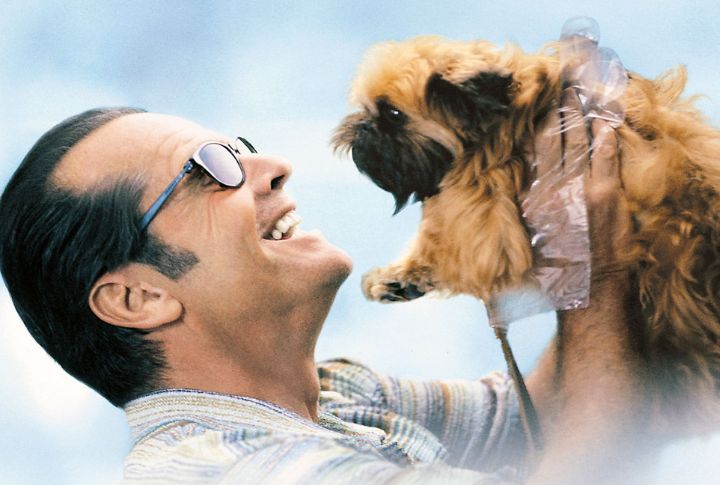
Melvin Udall, a character in the comedy As Good as It Gets, exhibits misogynistic and homophobic behavior that would probably draw criticism in the modern day. His derogatory comments towards women and the LGBTQ+ community are central to his character, which makes the film’s humor seem outdated and offensive.
Something’s Gotta Give (2003)
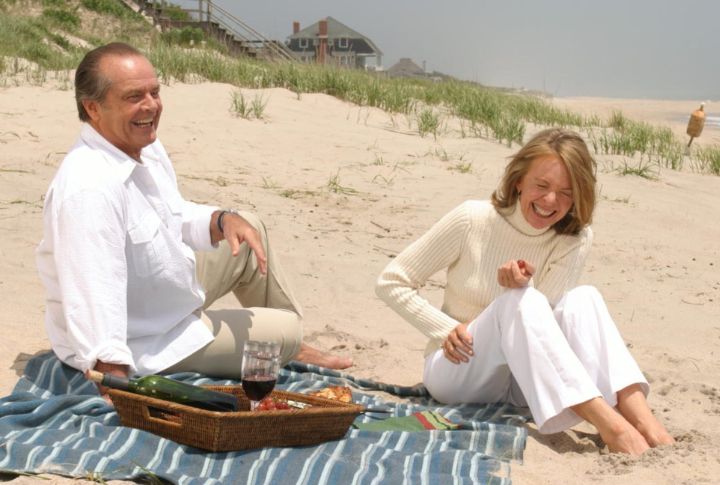
This romantic comedy centers on older characters. While it was a hit then, modern audiences would criticize the film’s lack of diversity and stereotypical portrayals of gender roles. The film’s focus on a wealthy, white, heterosexual couple being portrayed as the archetype of romance just does not feel right.
Blazing Saddles (1974)
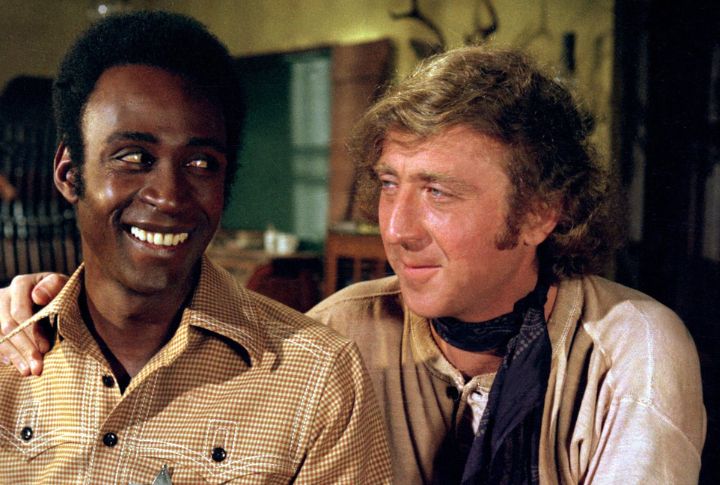
Blazing Saddles was considered innovative for its sardonic take on racism. However, its use of racial slurs and offensive stereotypes, even in a comedic context, would definitely prevent it from being made today. Its approach to sensitive topics can easily be misinterpreted or seen as insensitive.
Monty Python’s Life of Brian (1979)
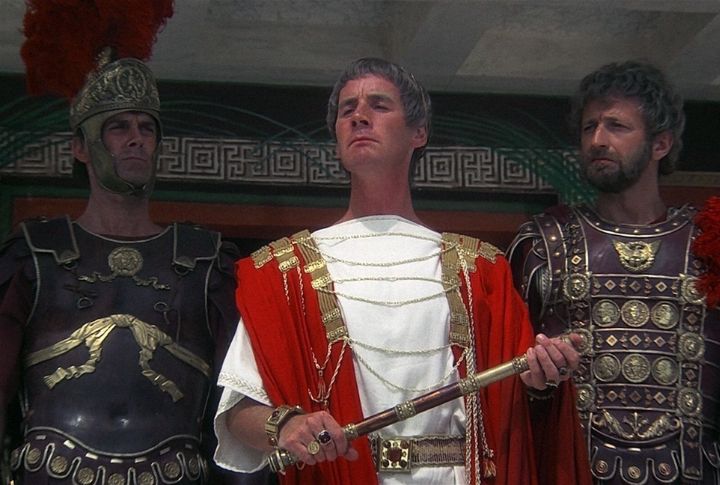
This film is a classic satire based on religion that was controversial upon release and remains so. Its irreverent portrayal of biblical stories and religious figures would cause outrage among certain religious groups today. Especially the song “Always Look on the Bright Side of Life” makes it a risky venture.
Female Trouble (1972)
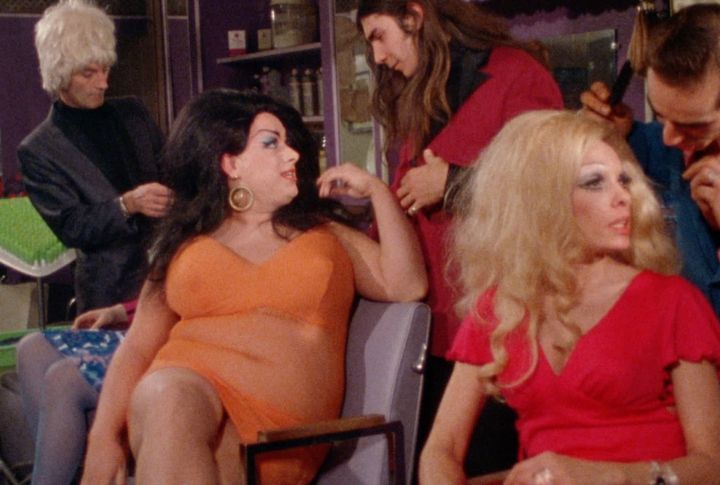
John Waters’ dark comedy, which has shock value and boundary-pushing content, would struggle to find an audience, typically among Gen Z. The movie’s graphic depictions of violence, crime, and taboo topics are far removed from modern sensibilities and are tough to sell in today’s market.
Gremlins (1984)
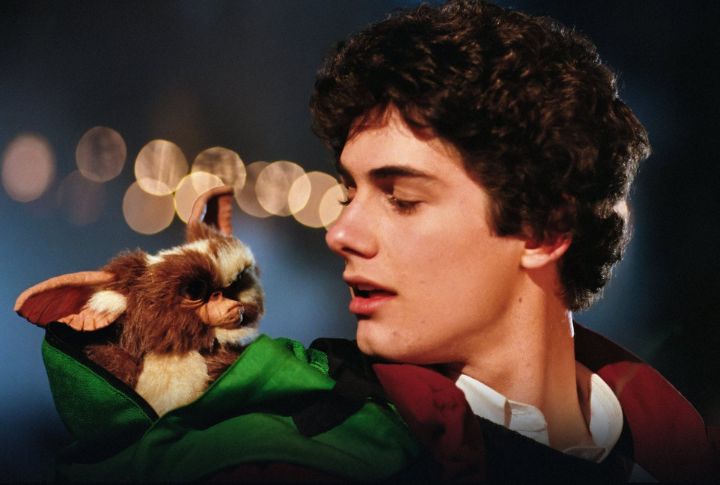
Gremlins is a horror-comedy aimed at children and includes disturbingly violent scenes. The film’s portrayal of violence, combined with its marketing towards a younger audience, is sure to draw criticism and concern from modern parents and watchdog groups. After all, horror-themed movies are not suitable for children.
Police Academy (1984)
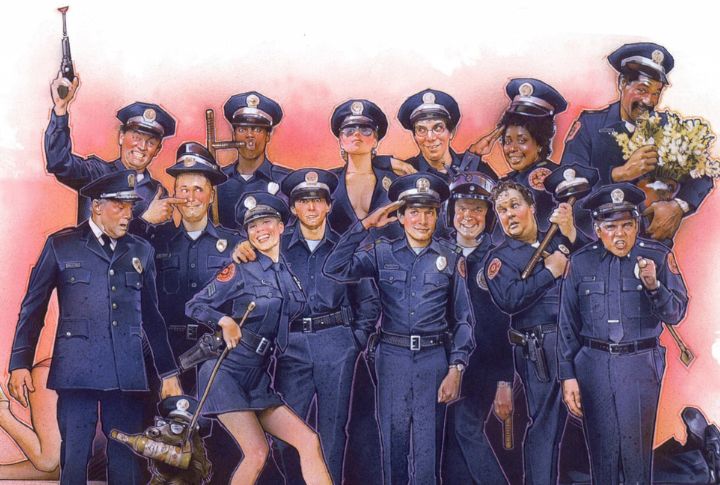
In this movie, police officers were portrayed as fools. The Police Academy franchise makes extensive use of offensive comedy, such as jokes that are homophobic and misogynistic. In today’s climate, this is seen as offensive or tone-deaf, given the ongoing discussions about police conduct and accountability.
Porky’s (1981)
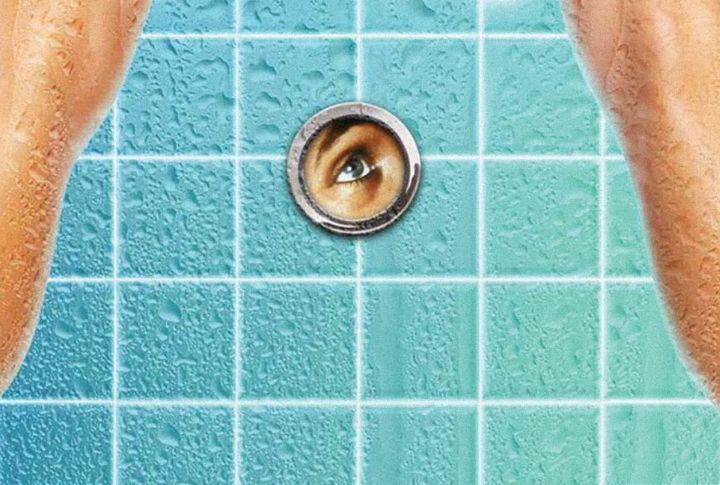
Porky’s was released as a teenage comedy film. It is filled with scenes of voyeurism and sexual harassment, which modern viewers will certainly condemn. The film’s casual treatment of consent and objectification of women shows a bygone era of comedy that is no longer acceptable.
Titanic (1997)
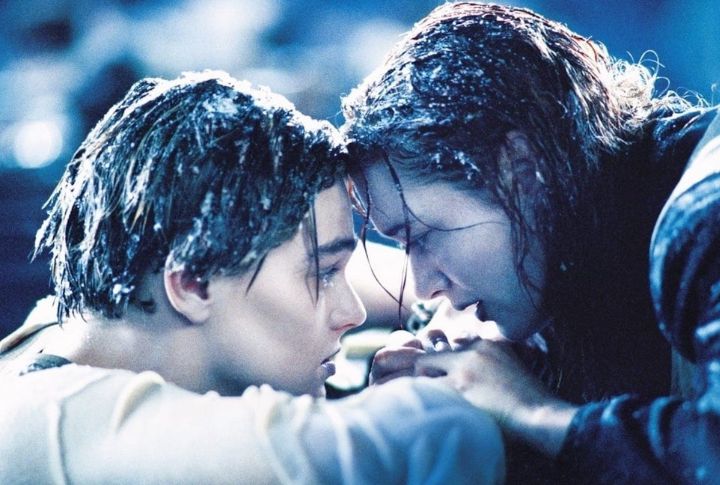
The portrayal of the lower-class characters in Titanic as noble but doomed and the romanticization of a historical tragedy can be seen as problematic, despite the film’s popularity. Focusing on a fictional love story rather than the actual human cost of the disaster might not sit well with modern audiences.
Soul Man (1986)
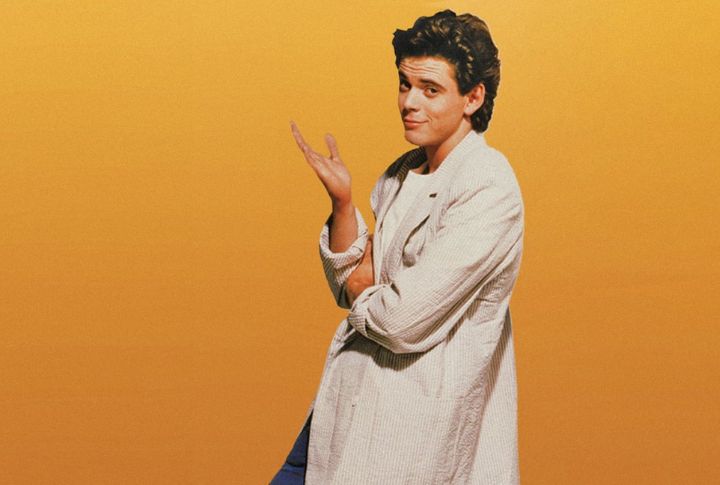
Soul Man is a comedy about a white man who pretends to be black to receive a scholarship. Yet again, racist. The incorporation of skin color and the insensitive handling of race issues make it a movie that would be disliked today. It only reflects how far we’ve come in understanding racial dynamics.
Tootsie (1982)
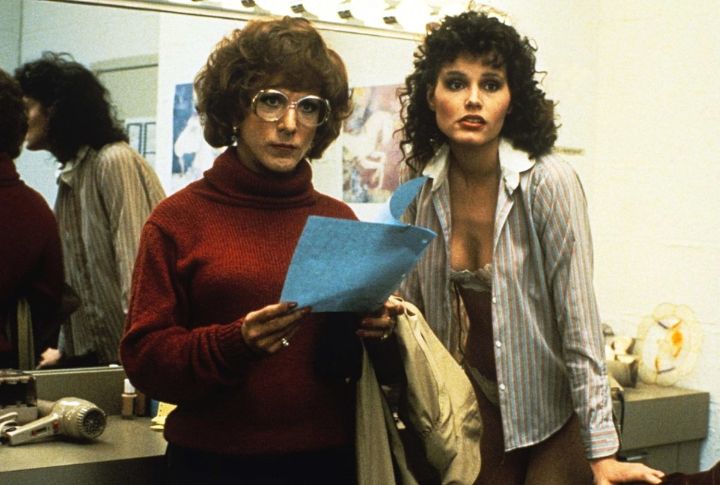
Even though it was praised for its humor, Tootsie’s plot, where a man dresses as a woman to get an acting job, will surely receive criticism. The use of gender roles through a male perspective can be seen as dismissive of the challenges faced by real women, particularly in a workplace setting.
The Last Samurai (2003)
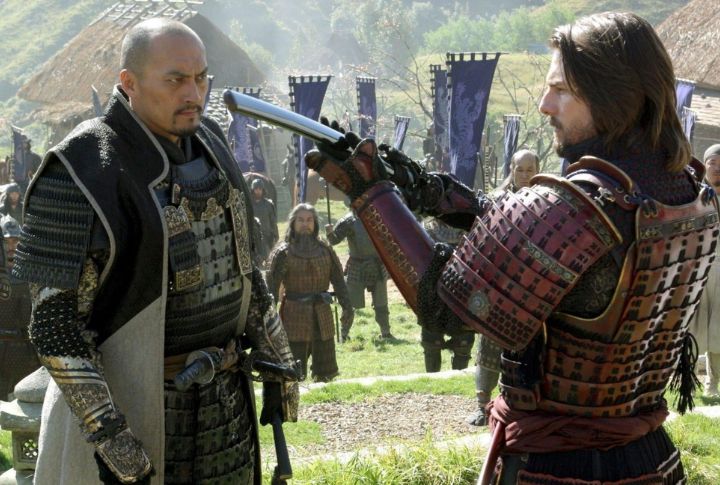
The casting of Tom Cruise as the lead in a film about the Meiji Restoration in Japan shows the complex trope of the “white savior.” This narrative, where a white character becomes the hero in a story centered on another culture, is bound to face backlash if made for modern audiences.
I Now Pronounce You Chuck & Larry (2007)
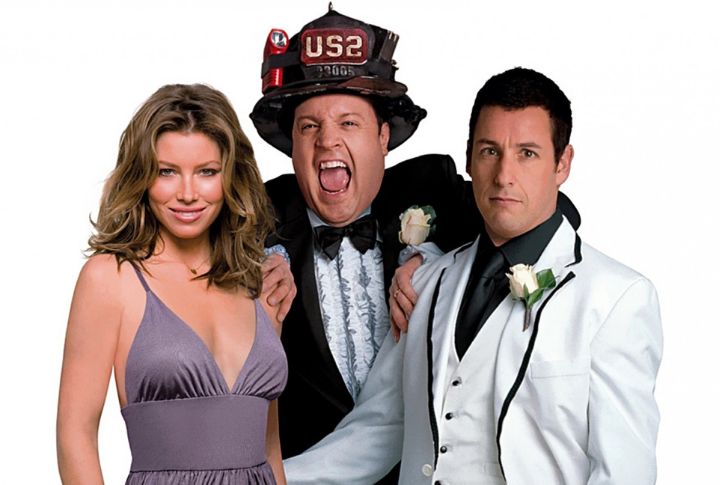
This comedy, which revolves around two straight men pretending to be a gay couple, reinforces harmful stereotypes about the LGBTQ+ community. The film’s humor comes at the expense of genuine representation and will likely be considered offensive in today’s more inclusive society.
Manhattan (1979)
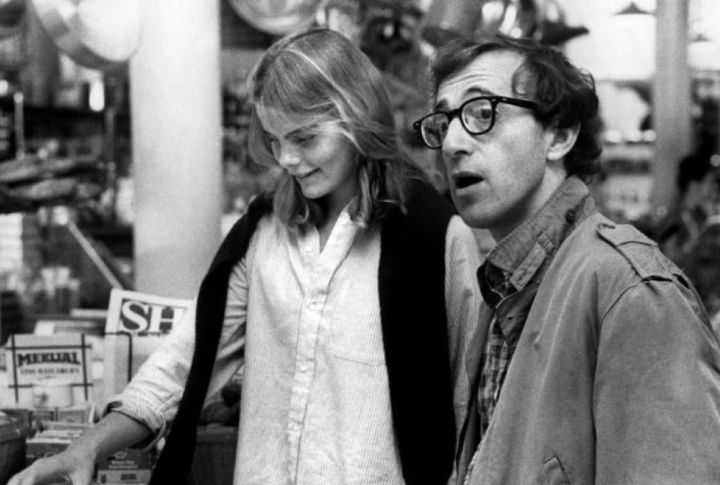
Woody Allen’s film featuring a relationship between a 42-year-old man and a 17-year-old girl, is deeply troubling and should have been for people back in the 70s, too. Normalizing such an age gap in a romantic context, especially with a minor, would draw criticism, preventing the film from being made.
Sixteen Candles (1984)
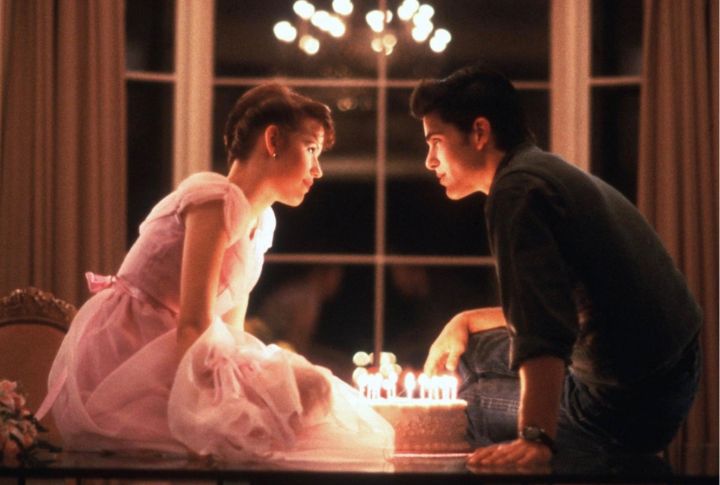
The film’s casual racism, particularly in its depiction of Long Duk Dong, a stereotypical Asian character, is troublesome if viewed by today’s standards. Additionally, the movie’s treatment of consent issues, including a scene implying date rape, is alarming and insensitive to the viewers.

Comments
Loading…